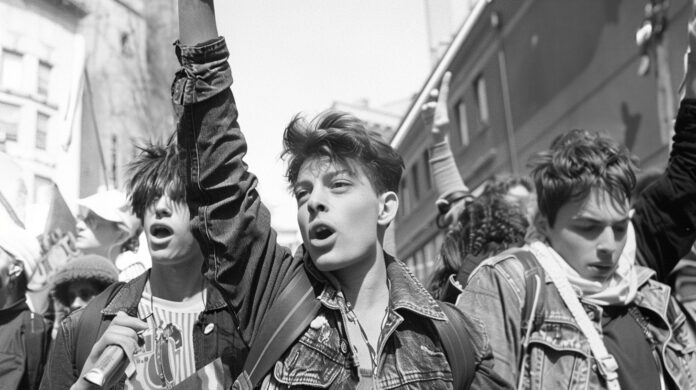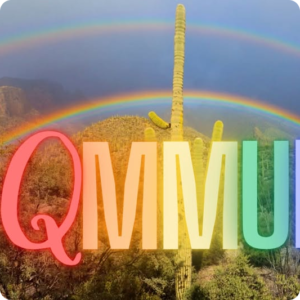
Before Tucson implemented its groundbreaking ban on gender identity discrimination in 1999, individuals who identified as transgender or non-binary faced significant challenges and pervasive discrimination. This included being denied employment opportunities, facing barriers to securing housing, and encountering hostile environments in public accommodations. The lack of legal protections left many vulnerable to prejudice and exclusion, perpetuating a cycle of marginalization.
The Ban on Gender Identity Discrimination
Tucson had already made strides in protecting LGBTQ+ rights with earlier anti-discrimination ordinances that broadly covered sexual orientation. However, in 1999, the Tucson City Council took a bold and progressive step by specifically banning discrimination based on gender identity. This landmark decision was a crucial advancement in the fight for LGBTQ+ rights, setting a precedent for other cities and states to follow.
The 1999 ordinance ensured that employers could no longer refuse to hire or fire someone simply because of their gender identity. This legal protection was vital for transgender and non-binary individuals, providing them with the opportunity to pursue their careers without fear of discrimination. It also mandated that landlords could not discriminate against tenants or prospective tenants based on their gender identity, ensuring that everyone had equal access to safe and secure housing. Public accommodations, including businesses and service providers, were required to treat all individuals equally, fostering a more inclusive and welcoming environment for everyone.
A New Era of Equality: The Everyday Impact of Gender Identity Protections
The impact of Tucson’s 1999 ban on gender identity discrimination was profound and far-reaching. For transgender and non-binary individuals, it meant a significant reduction in the fear and anxiety associated with being open about their identities. The ordinance allowed them to live more authentically, knowing that their rights were protected by law.
In the workplace, this meant that transgender and non-binary employees could express their true selves without fear of losing their jobs. This protection not only improved their job security but also contributed to a more diverse and inclusive workforce, which studies have shown can lead to increased creativity and productivity. Employers in Tucson benefited from this diversity, gaining access to a wider pool of talent and perspectives.
In housing, the ordinance ensured that transgender and non-binary individuals could find and maintain homes without facing discrimination. This stability was crucial for their overall well-being, providing a secure foundation from which they could build their lives. Public spaces also became more welcoming, as businesses and service providers adapted to the new regulations, fostering a community that valued and respected diversity.
Continuing the Legacy: Honoring the 1999 Pioneers and Future Advocacy
We owe a great deal of gratitude to the pioneers who fought tirelessly for the passage of this ordinance in 1999. Their efforts laid the groundwork for a more inclusive and equitable society. As we celebrate Tucson’s leadership in LGBTQ+ equality, we must also recognize the importance of continuing this progress. The next generation of leaders has the responsibility to build on these achievements and push the boundaries of anti-discrimination even further.
Let us honor the legacy of those who came before us by advocating for comprehensive protections for all marginalized communities. Together, we can ensure that Tucson remains a beacon of equality and inclusivity, paving the way for a brighter and more just future for everyone.








